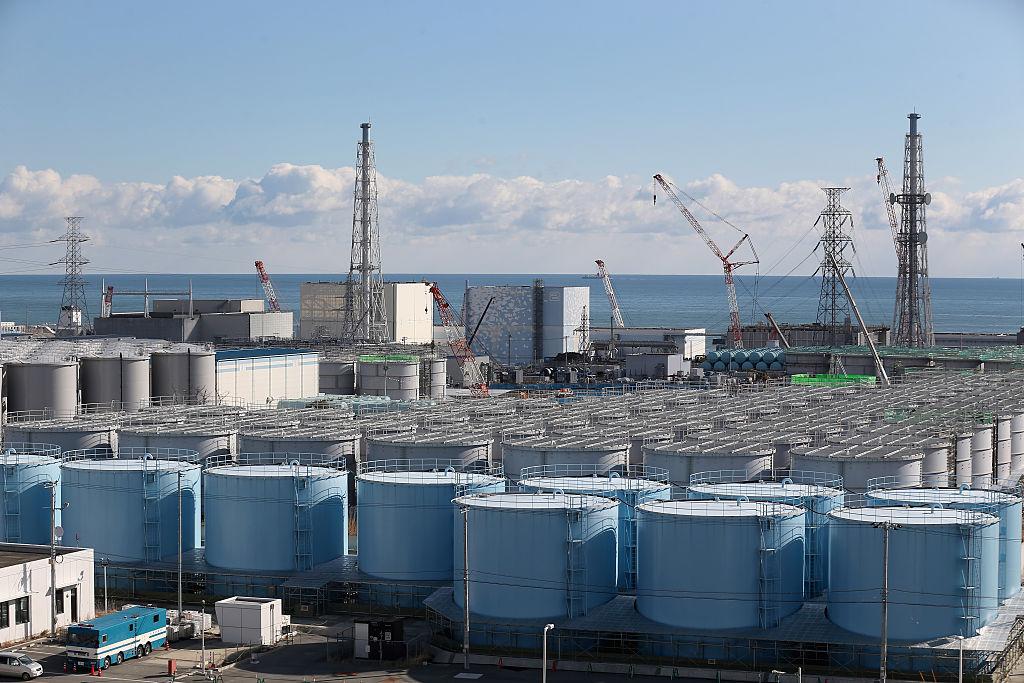Japan’s government approved a new policy on Thursday to maximize nuclear energy use in a major turnaround after the country shut down most of its nuclear reactors in the aftermath of the 2011 Fukushima disaster.
The nuclear reactor guidelines were approved by an advisory panel, which is led by Prime Minister Fumio Kishida, Japan Times reported.





